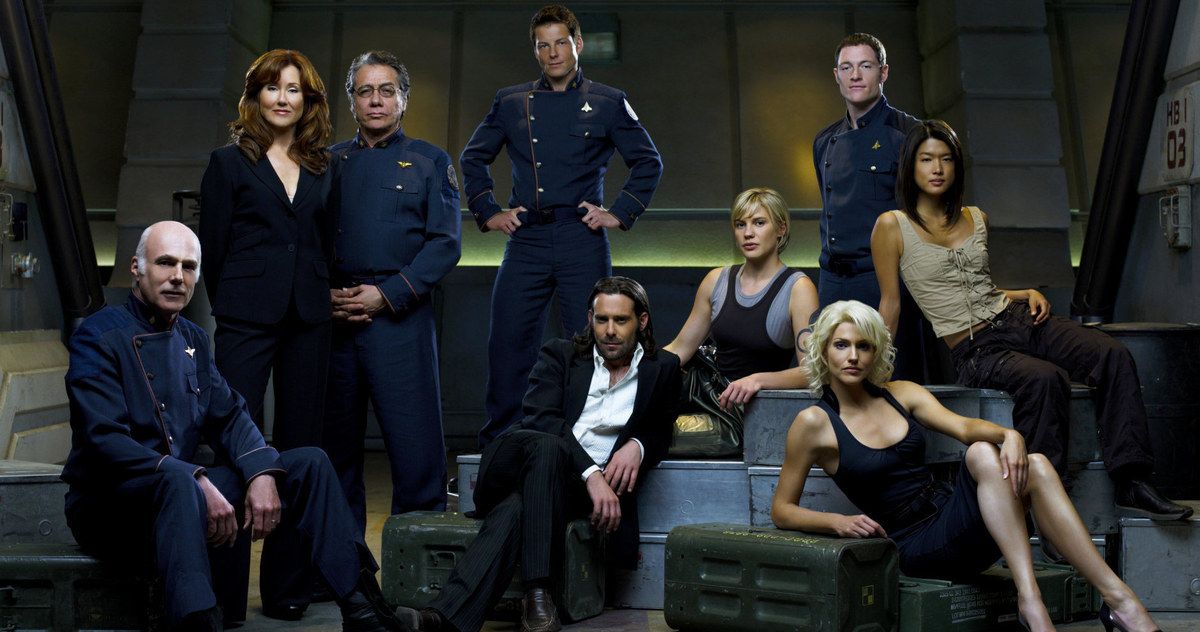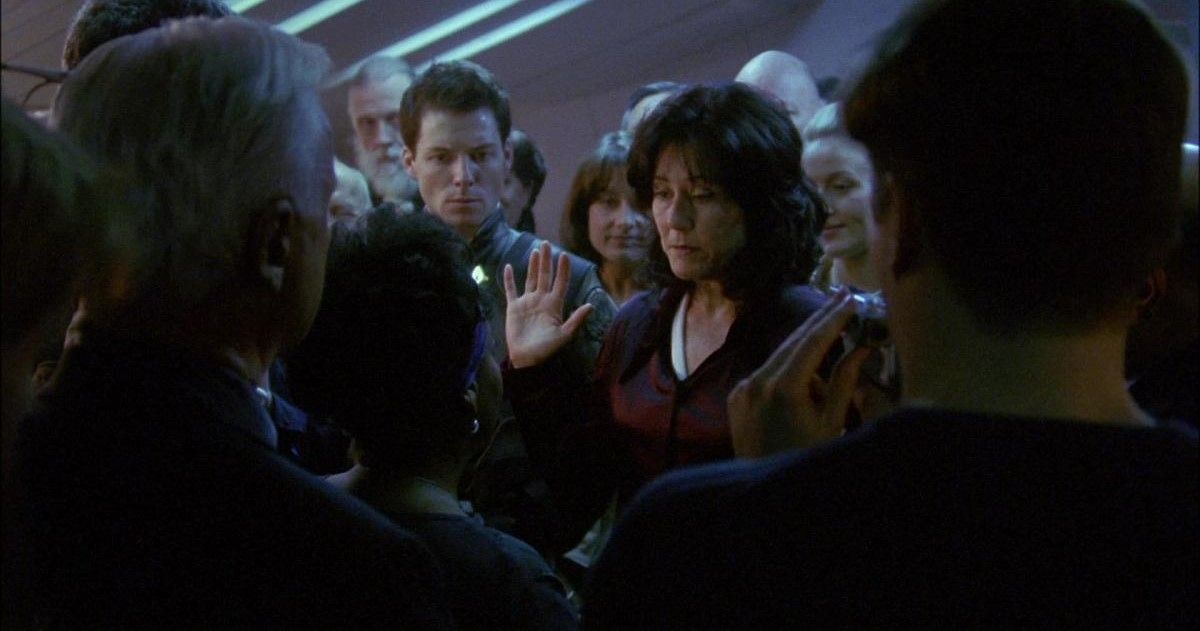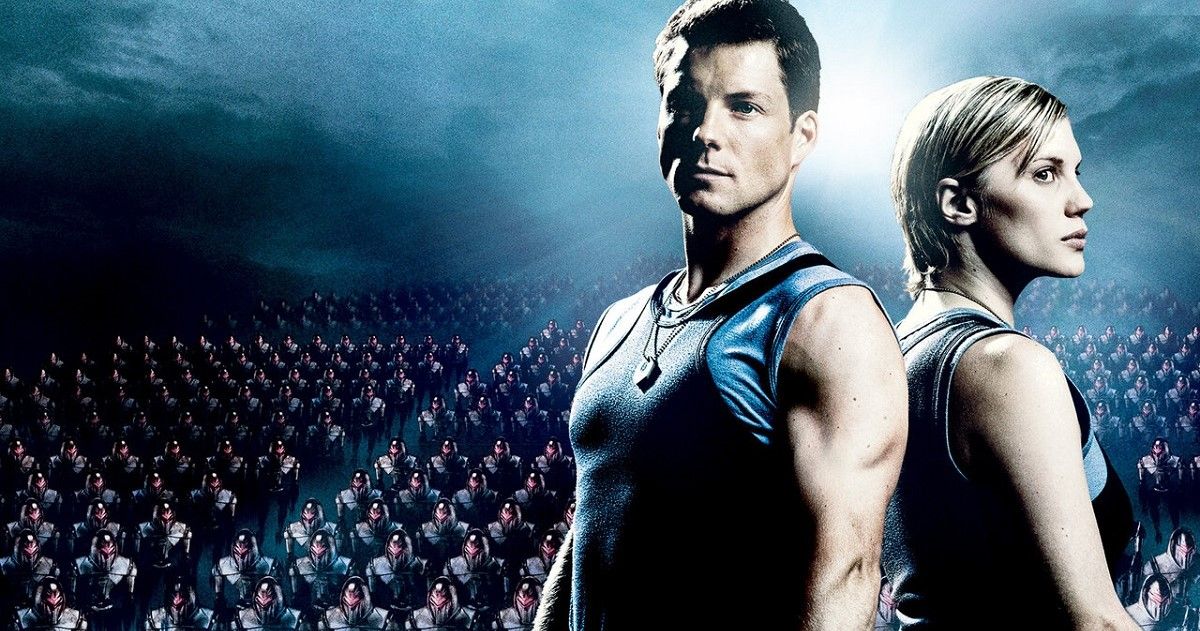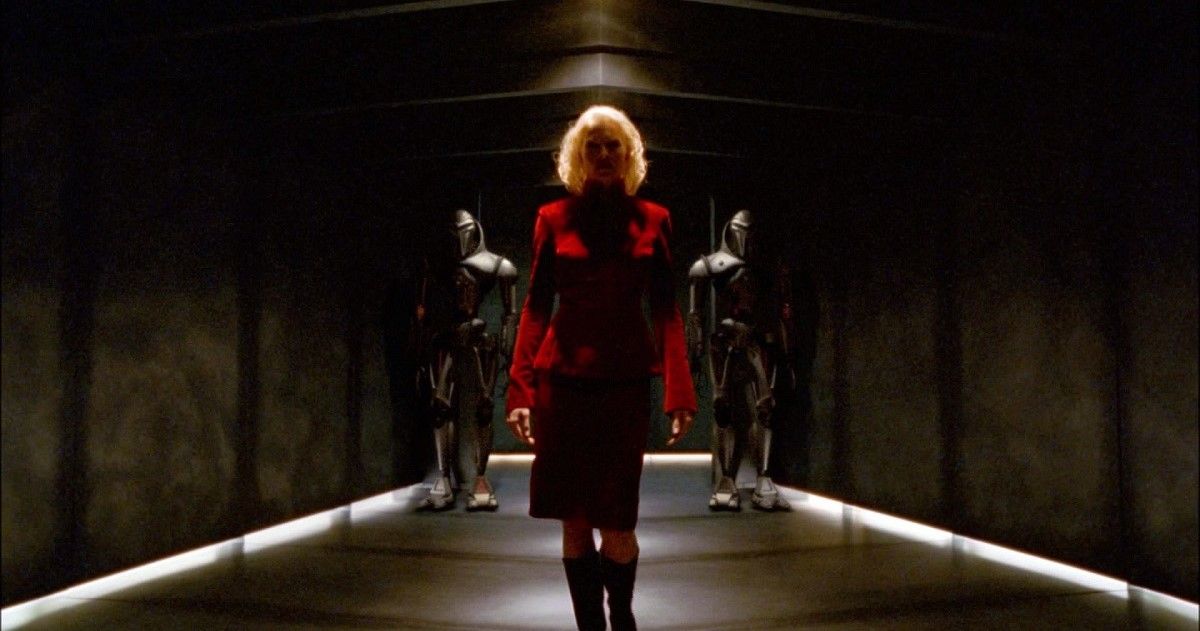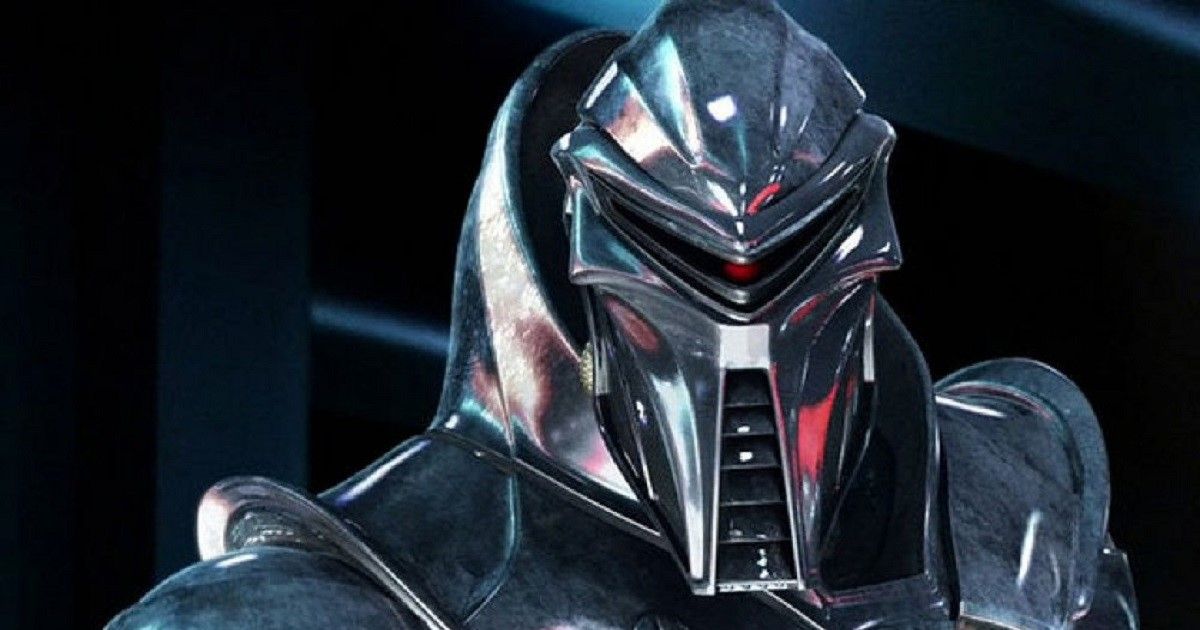When it comes to the greatest television series of the 21st century, no list is complete without mentioning the reimagining of Battlestar Galactica that aired on the Sci-Fi Channel from 2003 to 2009. Based on the original 1978 series of the same name, the reboot was created by Ronald D. Moore and followed a conflict between the last surviving humans and a race of cyborgs named Cylons that have evolved to resemble humans. The human survivors are left to travel the stars looking for the fabled lost colony: Earth.
While the Battlestar Galactica name was known in popular culture, it was never a beloved franchise the same way Star Wars, Star Trek, or Doctor Who were. Yet the remaining series received praise from critics and audiences and was one of the biggest hits in the history of the Sci-Fi channel (now known as Syfy). Battlestar Galactica as a franchise is relevant in the modern era because of this reboot. The series was well regarded for its topicality, complex characters, realistic science fiction, and a strong cast. Still popular to this day, Battlestar Galactica tapped into the cultural zeitgeist in the early 2000s and became not only a product of its time but also a topical one that acts as a time capsule for where the world was then. Here is why Battlestar Galactica was the perfect reboot for its time.
Battlestar Galactica Tapped Into the 'War on Terror' Anxiety
Battlestar Galactica, like many other great works of science fiction, acted as a mirror for the realities viewers were facing. In Battlestar Galactica case, it was heavily influenced by the aftermath of September 11th and the War on Terror. The show premiered as a miniseries on the Sci-Fi network on December 8, 2003, which was nine months after the United States entered the Iraq war and began the American occupation. The first episode of the series premiered on Sci-Fi on January 14, 2005 (it was broadcast on Sky1 in England in October 2004), four years after the September 11th attacks.
Unlike Star Trek, which is focused on a peacekeeping organization, Battlestar Galactica revolves around a military vessel commanded by military personnel. Instead of relatively innocuous-sounding blasters or phasers, the warship Galactica features actual guns and nuclear weapons. The finale of season two features the Cylons occupying the human colony of New Caprica. The early half of season three revolves around the human freedom fighters taking on their occupying invaders. In this respect, Battlestar Galactica cast the central antagonist, the Cylons, as the United States military, with the main human cast representing the citizens of the occupied countries like Iraq and Afghanistan.
The series ran for four seasons and concluded in March 2009, just two months after the Obama Administration began, which would initiate a new shift from the American perspective. While the numerous global conflicts the United States was involved with were nowhere close to over (and are still ongoing), Battlestar Galactica was very much a series of the George W. Bush administration, so it was fitting to conclude it shortly after the Bush era ended.
An Early Attempt at a Gritty Reboot
When most people look back and cite the beginning stages of Hollywood's fascination with reboots and dark gritty reimaginings, 2005's Batman Begins is often cited as the catalyst. While it is true that Batman Begins was a revolutionary idea in terms of throwing out a film series' continuity and dramatically rethinking it in a grounded, realistic way, Battlestar Galactica was ahead of the trend, paving the way on television.
As established earlier, the Battlestar Galactica miniseries premiered in 2003 a whole two years before Batman Begins was released in theaters. The miniseries aired an entire six months before the film hit theaters. Battlestar Galactica's success on television had a similar impact to Batman Begins, as various other classic series were reimagined with a contemporary edge like V, Bionic Woman, and even Netflix's recent iteration of Lost in Space.
Arrived During the Golden Age of Television
Battlestar Galactica arrived at a time that has since been dubbed the 'New Golden Age of Television,' a period of time marked by a rise in quality television that tended to favor serialization. It is often cited as beginning with The Sopranos which premiered at the end of 1999 and kicked off the new millennium. This was a result of a number of factors including the rise in DVD sales, making it easier for audiences to catch up on serialized television, which gave writers more freedom to develop character-centric stories with long-form arcs.
When Battlestar Galactica premiered, it was a science fiction show unlike any other that was on the air. The series not only took the genre seriously but developed nuanced characters that were rarely seen on television, especially sci-fi, prior to this. This was a genre that was typically associated with rigid heroes like Luke Skywalker, Captain Kirk, or the Doctor. Battlestar Galactica was a series that took advantage early on of the new prestige television renaissance that birthed other cable series like The Shield and Nip/Tuck. Battlestar Galactica made a name for itself as something unique, and one that made the Sci-Fi network a force to be reckoned with.
Battlestar Galactica is a Topical Allegory
The central conflict of Battlestar Galactica stems from humanity's creation of the Cylon race. Similar to the story of Frankenstein, the creation of the Cylon race was a technological advancement unhampered by any moral imperative to be responsible for that advancement.
In many regards, the Cylons can be read as a parallel for man-made climate change. Just as climate change has resulted from humans forging ahead with technology and industry for profit and convenience without thinking of any possible repercussions, in Battlestar Galactica, the humans create the Cylons for their convenience without any thought to the possible consequences. In the end, the Cylons destroy all the+ human worlds, killing most of the human race. The humans paid the price for turning a blind eye to the destructive possibilities of their creation and paid a terrible price. The warning is clear: the same will happen to us if we do the same.
By 2001, more accurate computer models were able to predict the damage that human activity was causing to the worldwide climate. This growing fear and anxiety started to permeate the public and wider popular culture, as an episode in Futurama in 2002 made climate change the center point of an episode, while the 2006 Academy Award-winning documentary An Inconvenient Truth brought the topic to a wider audience. Battlestar Galactica also tapped into this fear, with the Cylons acting as the avatars for the possible devastation of climate change.

